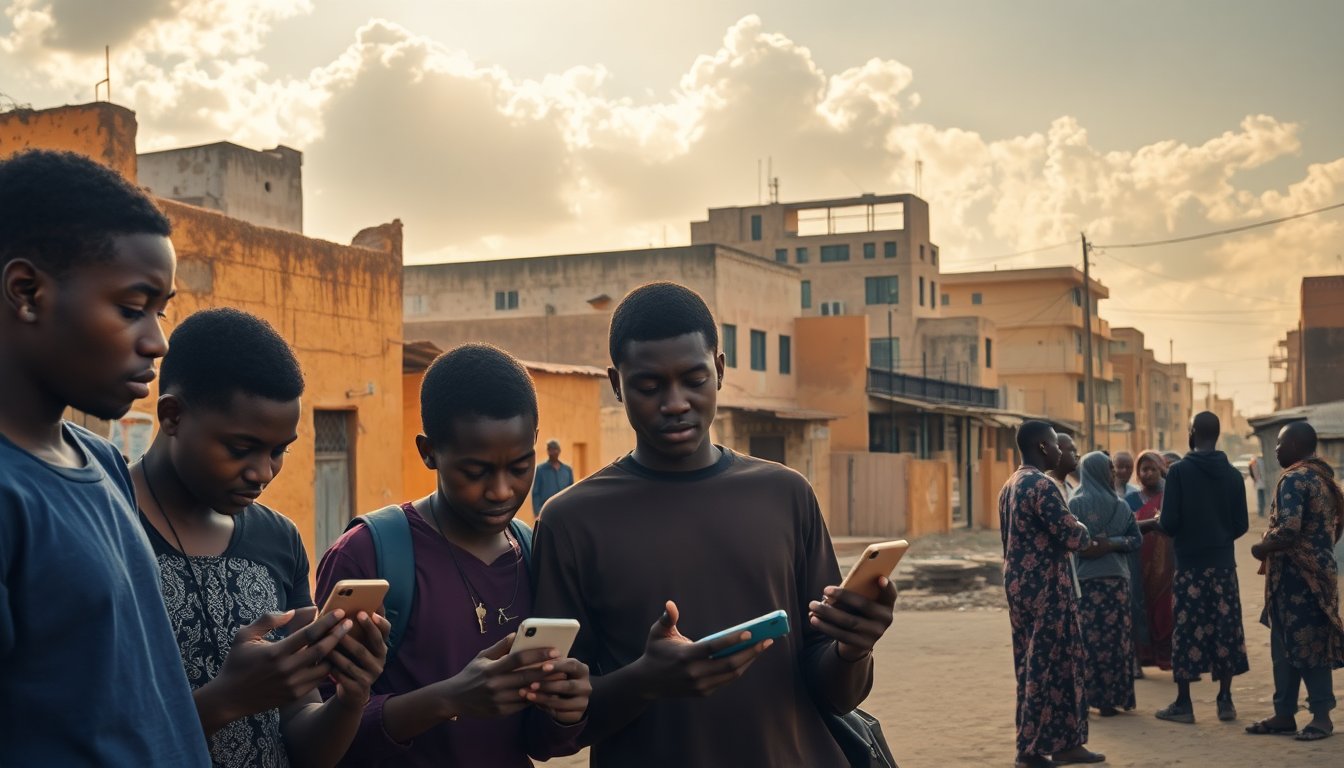Table of Contents
A young woman named Mariam Cissé was abducted and executed in Mali, highlighting the dangers faced by social media influencers in conflict zones. Cissé gained popularity on TikTok for her videos supporting the Malian military. Armed groups opposed to her views targeted her, leading to her tragic death. This incident underscores the significant risks for individuals voicing their opinions in regions marked by violence and instability.
The abduction and execution of Mariam Cissé
Local officials report that Mariam Cissé was abducted from a crowded market in Echel by armed men on a Friday. The following evening, the assailants returned her to Independence Square in Tonka, where they executed her publicly in front of a gathered crowd. Witnesses indicate that the attackers accused her of collaborating with the military, a serious charge in a country where armed groups increasingly operate with impunity.
Community reaction and the impact of social media
The murder of Cissé has created a wave of shock across Mali, especially among her supporters who viewed her as an encouraging voice for the military’s mission to restore order. With over 140,000 followers on TikTok, she regularly posted videos highlighting her city and advocating for the Malian army’s efforts to protect civilians and their property. One notable video showed her in military attire with the caption “Vive Mali,” demonstrating her solidarity with the national forces.
However, this show of support ultimately made her vulnerable. Local officials have confirmed that Cissé received threats prior to her abduction, suggesting that her online activities were closely monitored by armed groups in the area, particularly the al-Qaeda affiliate known as Jama’at Nusrat ul-Islam wa al-Muslimin (JNIM).
The broader context of violence in Mali
Mali has faced a violent insurgency since 2012, when various armed groups began seizing control over significant areas of the country. The military, which has experienced multiple coups, has struggled to regain stability and restore security. This ongoing conflict has fostered a climate of fear, making it perilous for individuals to express support for the government or military.
Armed groups such as JNIM have expanded their influence across vast rural regions, leaving the general populace ensnared in a cycle of fear and violence. Reports indicate that these groups have enacted a fuel blockade, further undermining the government’s capacity to operate effectively and respond to crises. The blockade has led to the closure of schools and severely impacted agricultural activities, worsening the already critical humanitarian situation.
The implications for social media activism
The execution of Mariam Cissé raises critical concerns regarding the safety of social media activists in conflict-affected regions. While platforms like TikTok can provide valuable opportunities for education and support, they may also expose individuals to severe risks if their content is perceived as unfavorable by militant groups. Cissé’s tragic fate underscores the necessity of understanding the threats associated with voicing dissent in environments dominated by extremist ideologies.
As Mali continues to face significant insecurity, it is imperative for the government to develop strategies that safeguard those wishing to make positive contributions to society, whether through social media or other avenues. The loss of Cissé represents not only a tragedy for her family and community but also serves as a clarion call for the international community to address the rising violence that jeopardizes the social fabric in Mali.
The story of Mariam Cissé highlights the risks associated with advocating for change in times of turmoil. Her dedication to her country and its military ultimately cost her life. This case underscores the critical issues surrounding freedom of expression and the severe repercussions faced by those who speak out against violence and injustice.


